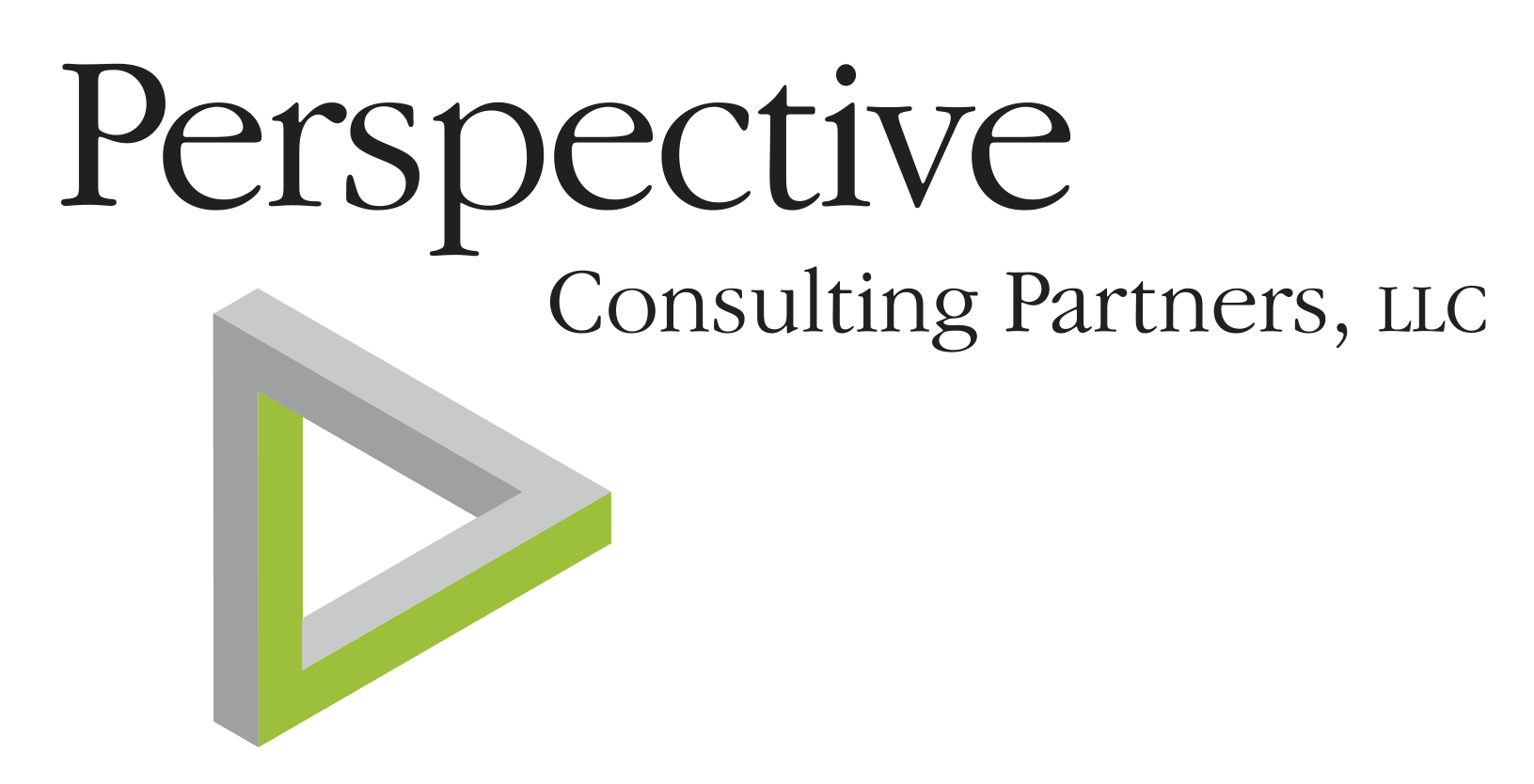Perspective Published in IASBO Newsletter
March 29, 2016
Perspective is excited to announce that our article on Cafeteria Dollars and the Employer Mandate is published in the IASBO 3rd Quarter Newsletter. Click the link to read the full newsletter or read the full article below.
IASBO 3rd Quarter Newsletter 2015-2016
Cafeteria Dollars and the Employer Mandate
Cafeteria Plan Background
A cafeteria plan is a benefit structure governed by IRS Section 125 that allows employees to receive benefits on a pre-tax basis. Structure of these plans can vary from simply allowing benefits to be deducted on a pre-tax basis to providing employees with benefit dollars to distribute based on individual needs. Cafeteria plans and their rules have remained relatively unchanged for many years.
Benefit dollars provided through this structure have traditionally been considered employer contributions towards benefits.
Cafeteria Dollars and the Employer Mandate
In December of 2015, the IRS published clarifications for how employers should treat cafeteria dollars for Employer Mandate Affordability. These strict rules from the IRS narrow the conditions in which these dollars continue to be considered employer contributions.
The employer cafeteria contribution is allowed to reduce the employee contribution if the following conditions are met:
- The employee may not opt to receive the amount as a taxable benefit;
- The employee may use the amount to pay for minimum essential coverage, and
- The employee may use the amount exclusively to pay for medical care.
An employer contribution that does not meet IRS guidelines does not count as an employer contribution and does not offset the cost of coverage for Affordability purposes.
Organizations should review their plan documents and practices to determine if employer cafeteria dollars are considered to be employee contributions to premium. This ruling will impact Affordability most among employees whose income is generally lower.
Transition Relief:
Because this ruling impacts Affordability for groups that provide these contributions, the IRS has provided some transition relief that delays impact. The IRS has allowed that for plans beginning prior to 1/1/2017, employer contributions that do not meet guidelines can continue reduce the employee’s required contributions. This relief is provided for arrangements adopted before December 16, 2015. Transition relief is not provided to plans that substantially increase the cafeteria contribution after December 16, 2015.
Options
Employers have several options to address this change.
No Change:
The IRS has not prohibited these arrangements going forward. Rather, the method of the Affordability calculation will change for the plan year beginning after 1/1/2017.
Employers may keep the existing structure of the cafeteria plan and adjust how they report the cost of coverage for employees. This option could result in fewer employees being offered ACA Affordable coverage.
Change Cafeteria Structure:
Employers can adjust their cafeteria plan structure to comply with the IRS guidance. This option allows for a similar plan structure, while shifting contributions to be considered employer dollars. For example, remove the cash out option for cafeteria dollars.
Employer Paid Single Premium:
Employers that shift medical premium contributions to employer paid coverage for single premium will avoid the impacts of these IRS rules. Single coverage employer paid premium surpasses Affordability minimum standards. Cafeteria dollars can still be used for family coverage or other benefit options.
Considerations
While preparing to review offerings, consider the following issues:
- Review Early – Begin to review and plan for benefit changes before plan negotiations begin. Consider your organization’s approach on benefits and how this ruling impacts your direction.
- Contract Length – Where possible, implement shorter contract lengths in order to avoid missing the Transition Relief cut off.
- Plan Negotiation – Plans may benefit from a professional negotiator to help reach an agreement that meets your organization’s compliance needs and employee benefit needs.
- Plan Structure – How the cafeteria plan is structured may have impacts beyond Affordability. Non-discrimination testing, the Cadillac Tax, grandfathered status and IPERS qualified contributions may be impacted by plan changes.
- Share Information – Provide a copy of IRS Notice 2015-87 to Bargaining Unit contacts. These individuals likely already know about this notice. Providing the notice directly to them can ensure their awareness and readiness to discuss options.
Seek Support – Utilize professional groups, legal counsel and benefit consultants to help ensure your understanding of your organization’s
